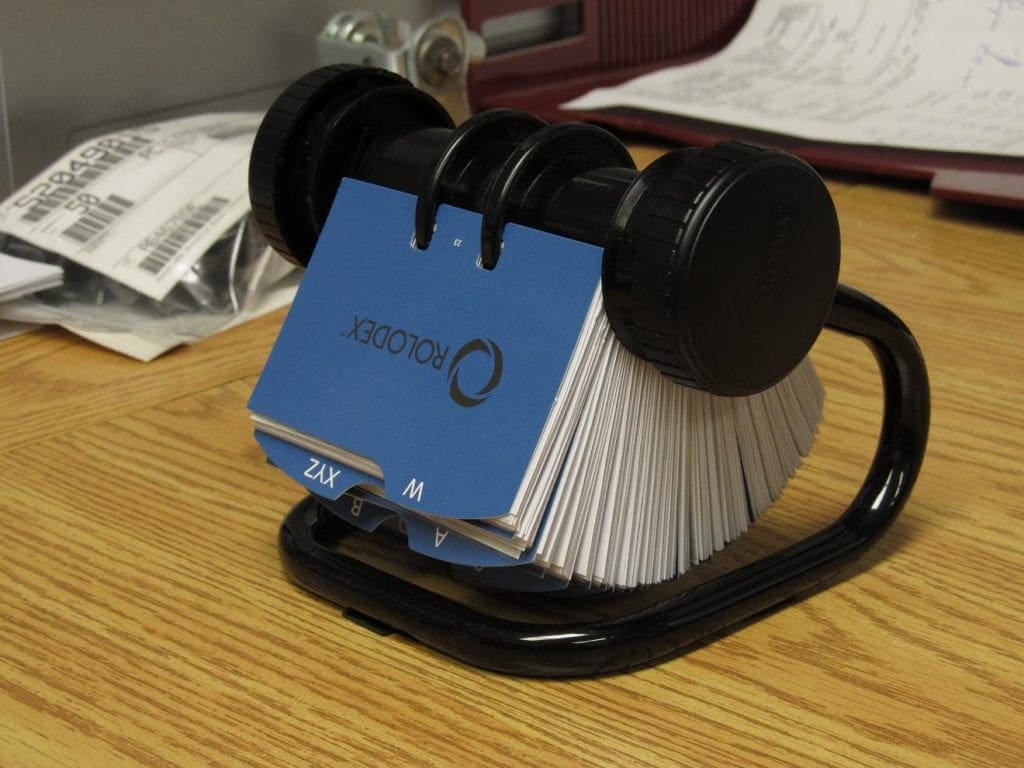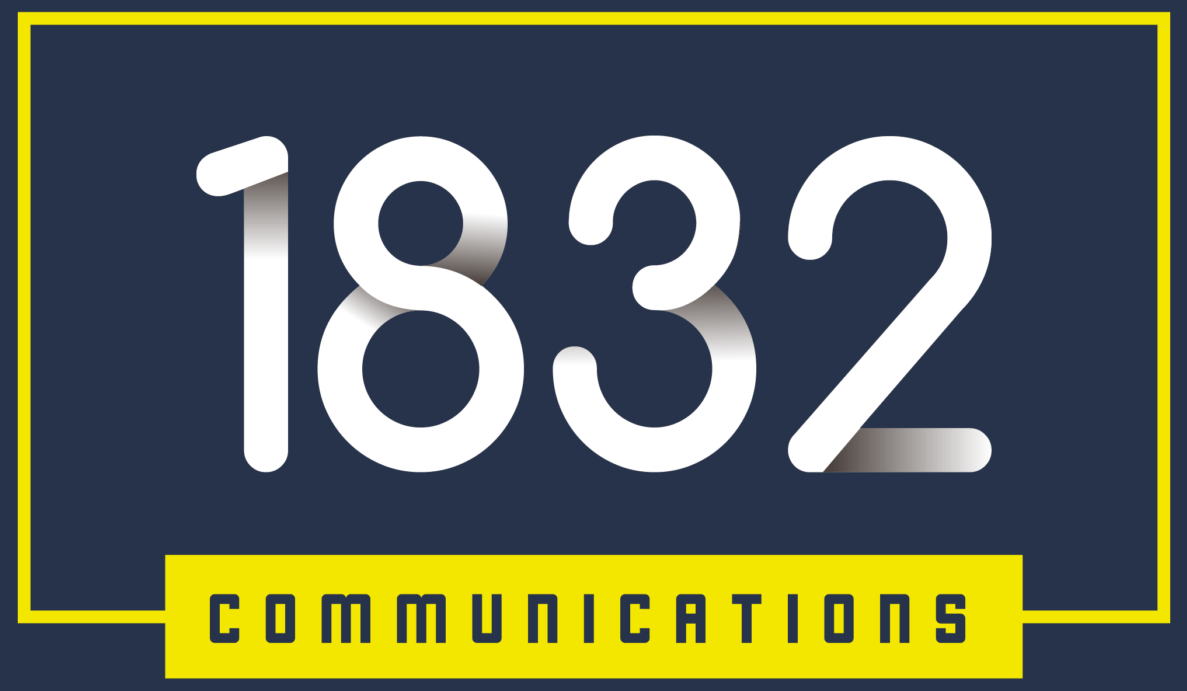“How big is your list?”
The question floored me. I was not expecting it.
Do Unto Others
Eight years ago I was being interviewed by a very well-known local charity to fill their vacant fundraising position. Before meetings, interviews and speaking engagements, I prepare meticulously and consider what questions and remarks will be thrown my way. I have a plan A, plan B, plan C and a backup plan if those don’t work.
But I did not consider plan E.
Up until that question, the interview was going very well. My values aligned with their mission, the job requirements were right up my alley and my work experience seemed to be what they needed.
And then a fly ball to left field out of nowhere.
I heard the question, hesitated and asked the interviewer, “I’m not sure what you mean. Could you please explain?”
Interviewer: “How large is your donor list? How many donors do you personally know that you could tap right away if you started working here? If I put you on a plane to New York for a week, how much money would you return with? $50,000?”
I was flabbergasted with the explanation. In essence, their working assumption was that an experienced fundraiser would have a list of donors they could tap no matter which organization they worked for. Values aligning? Who cares. Mission match? No matter. If the donor is friends with the fundraiser, they’ll give. Ya know, because people give to people, not to causes.

Relationships Matter
I knew that my answer would end the interview and I’d lose a potential job. But here’s how the rest of the conversation went:
“I know donors. But I would only approach them if I thought it was a good fit for this organization. I do have friends who are capable of giving but they’re not giving because they’re my friends and I would never ask them for money just because we’re friends. So honestly, put me on a plane to New York and I’m not returning with $50,000.
Let me ask you a question: Your assumption is I’m coming here with a rolodex of donors that I’ve met and tapped in previous positions. Would you be okay if I worked here for 1 year, interacted with your current donors, left for another job and took your list with me?”
Interviewer: “Of course not. Our list stays with us.”
Me: “Then I expect you to have the same respect for any lists I have from previous positions. I can’t work at a place that is only interested in checks. Fundraising is about creating relationships with people. That personal connection ties them to your mission and work, so that people want to get involved and donate. Seeing donors as cash cows is not how I operate. Thank you for the opportunity to interview for the position. I am no longer interested in it.”
And I walked out.
Have I been asked this question since that interview? Yes. Do I know other fundraisers who’ve been asked the question? You bet. Do I think it’s a disgusting, unethical practice to assume that fundraisers collect lists and move with them from job to job? 100%.
Apparently, some CEO’s don’t see the problem with it. Or just don’t care. They want bottom line results- donations. How they reach their goals doesn’t matter. If you’re the fundraiser, you have one job: Get it done.
That fly ball to left field? To quote two of our smartest sages, “Why? I don’t know, he’s on third and I don’t care.”
Need someone to do an audit of your email marketing, website content, social media or fundraising/marketing collateral? I’m happy to work with you!





This is such a great article! My husband, a development director, has done consulting work, and the leadership has expected him to just “tap into” people at his main non-profit because that have some crossover. But he explained that it’s unethical to do so, except, as you said, in the case of people he knows who have an express interest in the other non-profit’s mission. A non-profit professional must protect their relationships, not treat people as transactions-in-waiting.Good for you for speaking your mind (and giving a lesson in the process).
Thank you Jessica!
I honestly thought I was the only one who was asked that question. And now I realize it’s more common than I could’ve imagined. I still can’t believe it gets asked…
My friend, I was recently asked this question. The person who asked it actually mentioned an organization for which I had worked and asked about my relationship with the donors and if they would be a resource. I see this question in the same light at the “commission” question: an opportunity to educate and send along the AFP Ethical Guidelines. And the opportunity to say thanks, but no thanks.
Oh FFS! That’s ridiculous. And wrong. And I wish I could call out publicly every place/director/interviewer who asked.